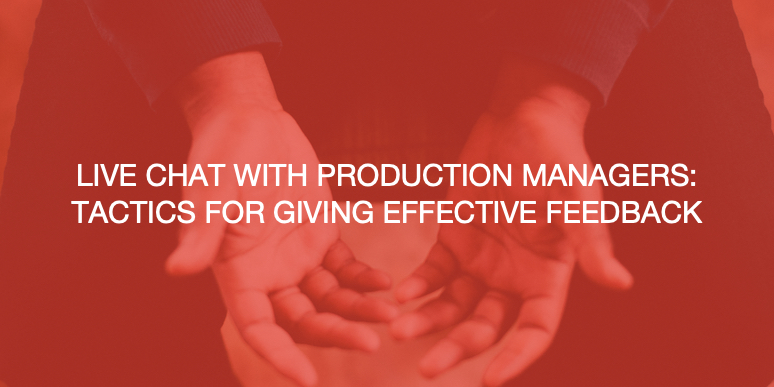
If you’ve ever had to hire a manager before you know how hard it is to find someone who is a good fit for your organization. Everyone dreams of landing that magic combo of skills, personality, drive, and teamsmanship. However, even when you think you’ve asked all the right questions and found the perfect person, the honeymoon doesn’t always last.
When hiring for management positions here are some considerations that will give you a better chance of hitting a home run.
Be Wary of Falling in Love with Resumes
We’ve all done it before before. There are people who, on paper, look like dream tickets. They have all the experience, references, connections, and skills you could ask for in a manager. Then we hire them and it all falls apart or never materializes in the first place. Personality clashes and communication problems abound and nothing gets done.
Unfortunately, all of those skills, connection and previous credits don’t matter one bit if their personality and working style don’t match with yours. They may work for a time, but I guarantee they won’t be a good long-term hire. If your cultures don’t sync up, the rest doesn’t matter. Which of course means…
Know Thyself
If you don’t understand your own company, culture, and the types of people who are most likely to succeed in your organization, how can you begin to find a match? Look back at the people who have thrived the most in your company and those who have moved on. What stands out to you? Understanding your organization’s needs takes time, analysis, and persistence. Identifying your strengths and weaknesses should be your first priority.
Don’t Hire the Stop Gap
You interview 5 people and one of them stands out as being the best candidate from the bunch. Hurray! You’ve found the best candidate… of those 5 people. Does that mean they are the best candidate for your position? Maybe not. Keep in mind that it takes a considerable investment of time, money, and other resources to get someone up to speed. Always hire for the long-term. If something about the person doesn’t sit quite right, don’t settle. Even if it means having to stretch yourself and your team a little in the short run. Convenience can be a dangerous adversary in this instance.
Take yourself out of the Interview Room
When starting the conversation, don’t lead off by talking about yourself, the job, or your company. On one hand, it appears to make sense because you want to give the interviewee context, but it’s not giving you any useful information about your candidate (and really, that’s what’s important here).
When you start by telling the interviewee about the job, you’re actually sabotaging the discussion by putting words in your interviewee’s mouth. After all, they’re incentivized to tell you what they think you want to hear. By asking questions and listening to what they have to say first, you’ll get more genuine responses.
Figure Out What Drives Them First
Instead, start by asking questions like:
- What kinds of projects do you like the most? Why?
- Where do you see your career heading?
- Why do you do this?
- What are the things you love about this work?
When I ask questions like the above, it’s obvious when someone is being genuine with me versus telling me what they think I want to hear. Base desires and career goals can’t be regurgitated from a job description.
Ensure they’re in it for a reason and that reason is something beyond just a paycheck. Figure out what gets them up in the morning. Whatever it is, it needs to align in some way with your company’s mission, style, and culture.
For example, look for alignments like:
- The types of projects (big or small)
- How they want to work (make big decisions or handle the details)
- Who they want to work with (people or roles)
- Where they want to be (Close to home or travel)
- Hours they work best (Steady mornings vs. variable hours)
- How structured they like to be (need guidance vs. independence)
Let’s be honest, this is an industry of passion. To be a successful manager in this industry you have to have some. The hours we work demand it. Given the amount of time we spend with our colleagues, it’s important that we gel. Only after I’m convinced that someone’s goals align with my company, do their skills and experiences and the actual position start to enter the equation.



